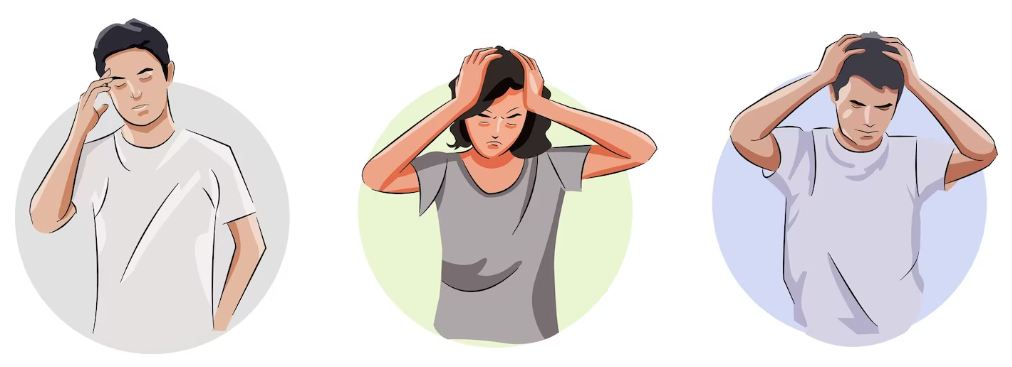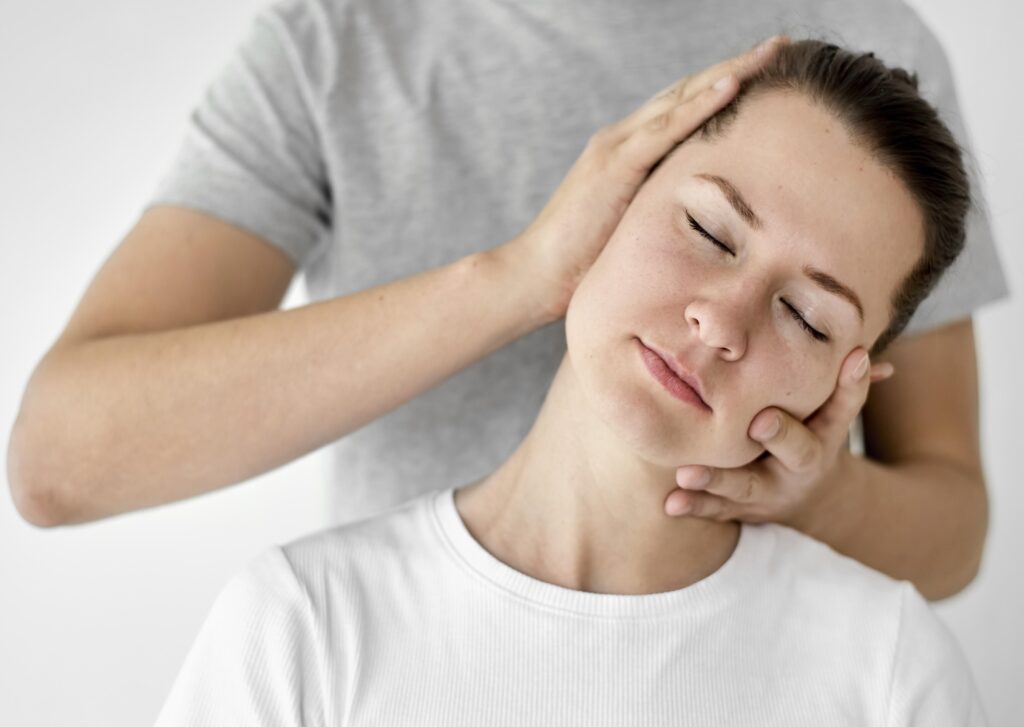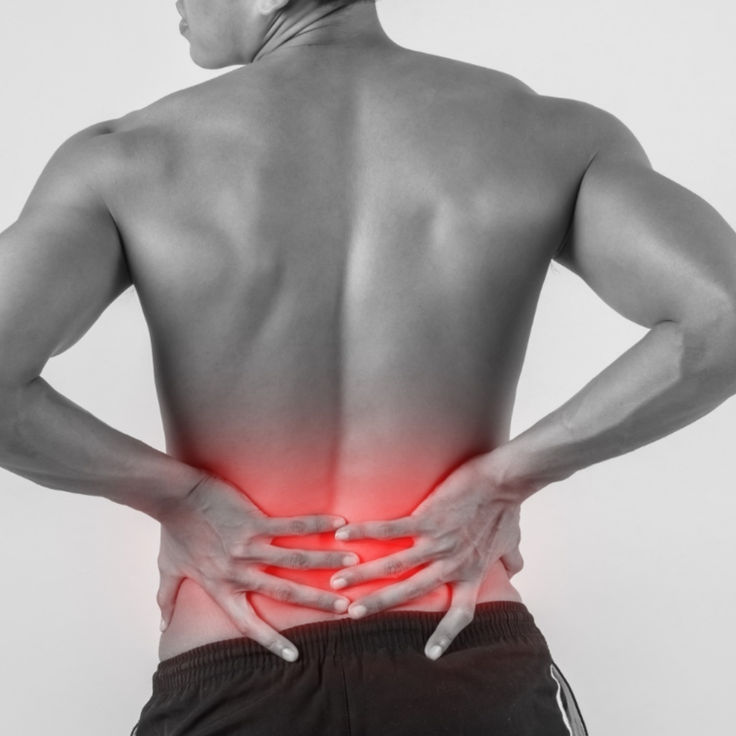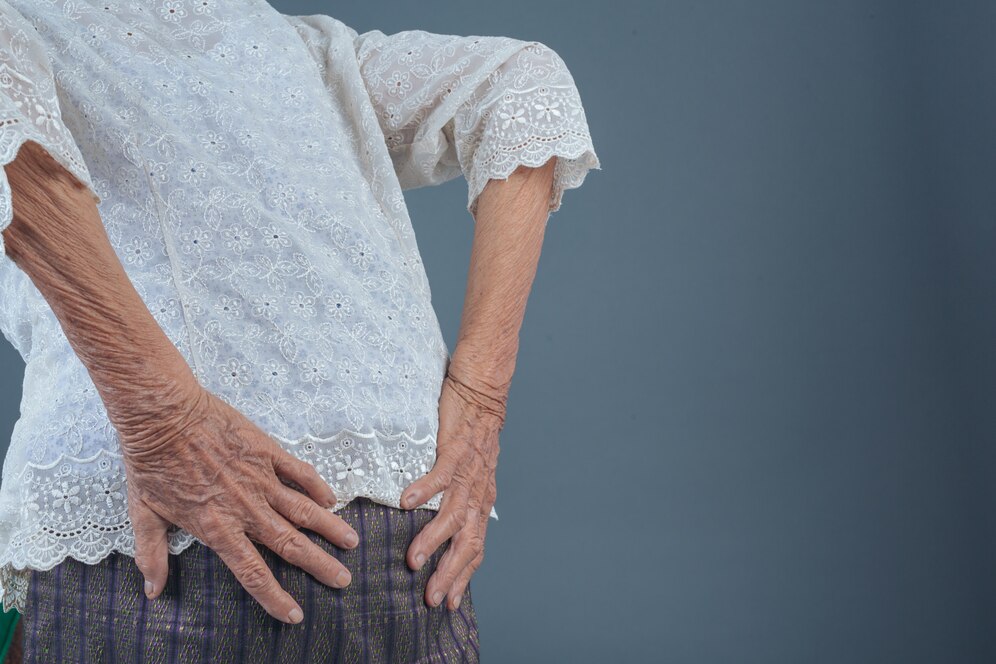Dizziness is a broad term that encompasses various sensations such as feeling faint, woozy, weak, or unsteady. It is a common symptom that affects a significant portion of the population at some point in their lives. However, not all dizziness is created equal. One of the more specific and often confusing types of dizziness is vertigo. Differentiating between vertigo and other dizziness disorders is crucial for accurate diagnosis and treatment. This blog post will explore the differences between vertigo and other dizziness disorders, their causes, symptoms, diagnosis, and treatment options.
Understanding Dizziness
Dizziness is a non-specific term that describes a range of sensations, including lightheadedness, unsteadiness, and a feeling of faintness. It is important to understand the different types of dizziness to distinguish between them accurately:
- Lightheadedness: This is the sensation of feeling faint or near fainting. It is often caused by a temporary drop in blood pressure or dehydration.
- Disequilibrium: This is a feeling of unsteadiness or imbalance, often related to issues with the inner ear, musculoskeletal system, or neurological conditions.
- Pre-syncope: This is the feeling of an impending blackout or fainting spell. It can be caused by various factors, including cardiac issues, low blood sugar, or anxiety.
- Vertigo: This is a specific type of dizziness characterized by the sensation of spinning or moving, either of oneself or the environment. It is often associated with inner ear problems.
What is Vertigo?
Vertigo is a specific type of dizziness characterized by a false sense of movement, either of the person or the environment. It often feels like spinning, tilting, or swaying. Vertigo can be classified into two main categories: peripheral and central.
Peripheral Vertigo
Peripheral vertigo is the most common type and is caused by problems in the inner ear or vestibular nerve. The inner ear plays a crucial role in maintaining balance and spatial orientation. Conditions that affect the inner ear can disrupt these functions, leading to vertigo.
Common causes of peripheral vertigo include:
- Benign Paroxysmal Positional Vertigo (BPPV): BPPV is the most common cause of vertigo. It occurs when tiny calcium crystals in the inner ear become dislodged and move into the semicircular canals, which are responsible for detecting rotational movements. This causes a false sensation of spinning when the head moves in certain positions.
- Vestibular Neuritis: This condition involves inflammation of the vestibular nerve, which transmits signals from the inner ear to the brain. Vestibular neuritis is often caused by a viral infection and leads to sudden, severe vertigo.
- Ménière’s Disease: This chronic condition involves an abnormal buildup of fluid in the inner ear, leading to vertigo, hearing loss, tinnitus (ringing in the ears), and a feeling of fullness in the ear.
- Labyrinthitis: Similar to vestibular neuritis, labyrinthitis involves inflammation of the inner ear labyrinth, often due to infection. It causes vertigo and hearing loss.
Central Vertigo
Central vertigo is less common and results from problems in the brain, particularly the brainstem or cerebellum. These areas are involved in processing sensory information related to balance and spatial orientation.
Common causes of central vertigo include:
- Migraine-Associated Vertigo: Migraines can cause vertigo either during or between migraine attacks. This type of vertigo is often accompanied by headache, sensitivity to light and sound, and visual disturbances.
- Multiple Sclerosis (MS): MS is an autoimmune disease that affects the central nervous system. It can cause vertigo by damaging the areas of the brain that process balance and spatial information.
- Stroke: A stroke that affects the brainstem or cerebellum can lead to sudden, severe vertigo, often accompanied by other neurological symptoms such as difficulty speaking or weakness on one side of the body.
- Tumors: Brain tumors, particularly those located in the cerebellum or brainstem, can cause vertigo by compressing the structures involved in balance.
Other Types of Dizziness
While vertigo is a specific type of dizziness, other forms of dizziness can arise from different causes. It is essential to distinguish these from vertigo to ensure appropriate diagnosis and treatment.
Presyncope
Presyncope refers to the sensation of feeling faint or lightheaded, as if you are about to lose consciousness. It is often caused by a temporary decrease in blood flow to the brain.
Common causes of presyncope include:
- Orthostatic Hypotension: This condition occurs when there is a sudden drop in blood pressure upon standing up, leading to decreased blood flow to the brain and a feeling of lightheadedness.
- Cardiac Conditions: Arrhythmias (irregular heartbeats), heart valve disorders, and other cardiac issues can reduce blood flow to the brain and cause presyncope.
- Dehydration: Dehydration can lead to low blood pressure and reduced blood flow to the brain, resulting in presyncope.
Disequilibrium
Disequilibrium is a sense of unsteadiness or imbalance, often described as feeling off-balance or wobbly. Unlike vertigo, disequilibrium does not involve a sensation of movement.
Common causes of disequilibrium include:
- Peripheral Neuropathy: Damage to the peripheral nerves, often due to diabetes or other conditions, can affect the sensory input needed for balance, leading to disequilibrium.
- Musculoskeletal Disorders: Conditions affecting the muscles, joints, or spine can impair balance and cause a feeling of unsteadiness.
- Visual Impairment: Poor vision can affect spatial orientation and balance, leading to disequilibrium.
Nonspecific Dizziness
Nonspecific dizziness is a vague, hard-to-describe feeling of disorientation or lightheadedness that doesn’t fit neatly into the other categories. It can be caused by various factors, including psychological conditions.
Common causes of nonspecific dizziness include:
- Anxiety and Depression: Psychological conditions can lead to nonspecific dizziness, often accompanied by other symptoms such as palpitations, sweating, and shortness of breath.
- Medications: Certain medications, including those for high blood pressure, antidepressants, and sedatives, can cause dizziness as a side effect.
- Metabolic Disorders: Conditions such as hypoglycemia (low blood sugar) and anemia can cause nonspecific dizziness.
Diagnosing Vertigo and Other Dizziness Disorders
Accurate diagnosis of vertigo and other dizziness disorders involves a thorough medical history, physical examination, and specific diagnostic tests. The goal is to identify the underlying cause and tailor treatment accordingly.
Medical History
A detailed medical history is essential for identifying potential causes of dizziness. The healthcare provider at Peak Chiropractic in North Plains will ask about:
- The nature of the dizziness (e.g., spinning, lightheadedness, unsteadiness)
- Duration and frequency of dizziness episodes
- Triggers or factors that worsen or alleviate symptoms
- Associated symptoms (e.g., nausea, hearing loss, headache)
- Medical conditions and medications
- Recent illnesses or infections
- History of head or neck injuries

Treatment Options for Vertigo and Other Dizziness Disorders
The treatment for dizziness disorders depends on the underlying cause. Here are some common treatment options for various types of dizziness:
Treatment for Vertigo
- Benign Paroxysmal Positional Vertigo (BPPV):
- Canalith Repositioning Maneuvers: Techniques such as the Epley maneuver or the Semont maneuver are used to move the dislodged calcium particles out of the semicircular canals.
- Vestibular Rehabilitation: Physical therapy exercises designed to improve balance and reduce vertigo symptoms.
- Meniere’s Disease:
- Dietary Modifications: Reducing salt intake and avoiding caffeine and alcohol can help manage symptoms.
- Medications: Diuretics, anti-nausea medications, and medications to reduce vertigo symptoms.
- Surgery: In severe cases, surgical options such as endolymphatic sac decompression or vestibular nerve section may be considered.
- Vestibular Neuritis and Labyrinthitis:
- Medications: Anti-inflammatory drugs, antivirals, or antibiotics (if a bacterial infection is present).
- Vestibular Rehabilitation: Exercises to improve balance and reduce dizziness.
- Migraine-Associated Vertigo:
- Migraine Medications: Medications to prevent and treat migraines can help reduce vertigo symptoms.
- Lifestyle Modifications: Identifying and avoiding migraine triggers, maintaining a regular sleep schedule, and managing stress.
- Head Injury:
- Rest and Recovery: Allowing time for the brain and inner ear to heal.
- Vestibular Rehabilitation: Exercises to improve balance and reduce dizziness.
Treatment for Lightheadedness
- Hydration: Drinking plenty of fluids to maintain adequate blood volume.
- Dietary Modifications: Eating small, frequent meals to maintain blood sugar levels.
- Medication Adjustments: If medications are causing lightheadedness, a healthcare provider may adjust the dosage or switch to a different medication.
- Managing Underlying Conditions: Treating conditions such as anemia, cardiac issues, or diabetes.
Treatment for Disequilibrium
- Vestibular Rehabilitation: Physical therapy exercises to improve balance and coordination.
- Assistive Devices: Using canes, walkers, or other assistive devices to improve stability.
- Medication Adjustments: Reviewing and adjusting medications that may be causing balance issues.
- Treating Underlying Conditions: Managing conditions such as Parkinson’s disease, multiple sclerosis, or musculoskeletal issues.
Treatment for Pre-syncope
- Hydration: Drinking plenty of fluids to maintain adequate blood volume.
- Medication Adjustments: Adjusting medications that may be causing low blood pressure.
- Managing Underlying Conditions: Treating cardiac issues, orthostatic hypotension, or dehydration.

How Chiropractic Care Can Help with Vertigo and Dizziness
Chiropractic care in North Plains can address vertigo and dizziness by targeting the underlying causes, particularly those related to the spine and the nervous system. Here are some key ways chiropractic care can help:
- Improving Spinal Alignment: Misalignments or subluxations in the cervical spine (neck) can affect the nervous system and lead to dizziness or vertigo. Chiropractic adjustments can help realign the spine, improving nerve function and reducing symptoms.
- Enhancing Blood Flow: Proper spinal alignment can improve blood flow to the brain and inner ear, which is crucial for maintaining balance and reducing dizziness.
- Relieving Muscle Tension: Muscle tension in the neck and shoulders can contribute to dizziness. Chiropractic care includes techniques to relieve muscle tension and improve overall posture.
- Vestibular Rehabilitation: Chiropractors may use specific exercises and maneuvers designed to improve the function of the vestibular system (the part of the inner ear that controls balance), helping to reduce vertigo symptoms.
- Addressing Postural Issues: Poor posture can lead to neck strain and dizziness. Chiropractors can provide guidance on improving posture, which can help alleviate symptoms.
Dizziness vs Vertigo: What is the Difference?
Understanding the distinctions between vertigo and other dizziness disorders is crucial for accurate diagnosis and effective treatment. Vertigo, characterized by a spinning sensation, often arises from inner ear or brain issues, while other forms of dizziness, such as lightheadedness, disequilibrium, and pre-syncope, stem from different causes ranging from dehydration to neurological conditions. Properly identifying the type of dizziness one is experiencing can lead to targeted and appropriate interventions, improving quality of life and reducing the frequency and severity of dizzy spells.
At Peak Chiropractic, we specialize in diagnosing and treating various dizziness disorders, including vertigo. Our expert team, located in North Plains, employs a comprehensive approach to address the root causes of your symptoms, providing personalized care plans tailored to your unique needs. Whether you require spinal adjustments, vestibular rehabilitation, or soft tissue therapy, we are here to help you find relief and regain your balance. For more information or to schedule an appointment, please contact us at (971) 254-9988. Your well-being is our priority, and we are dedicated to helping you achieve optimal health.





